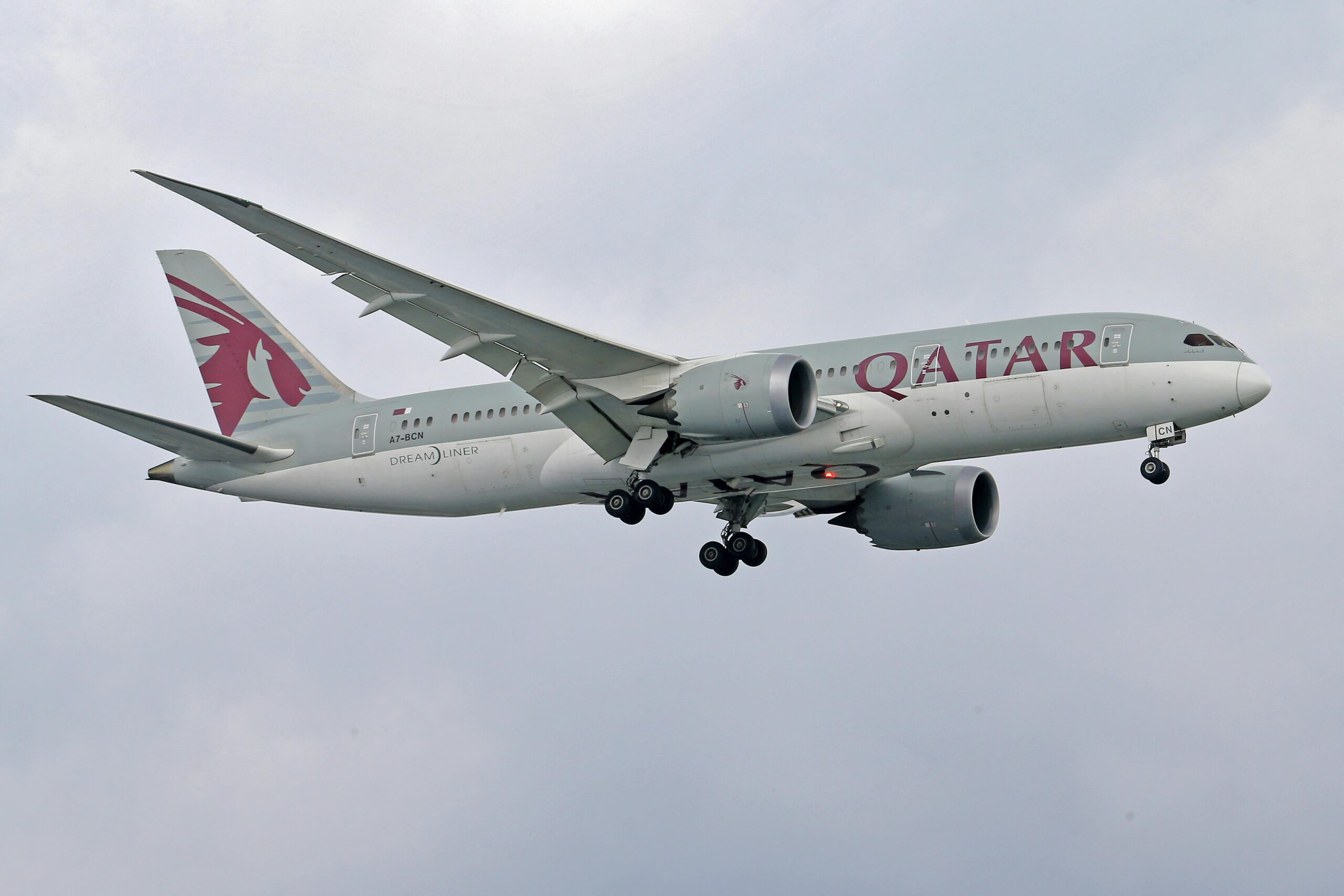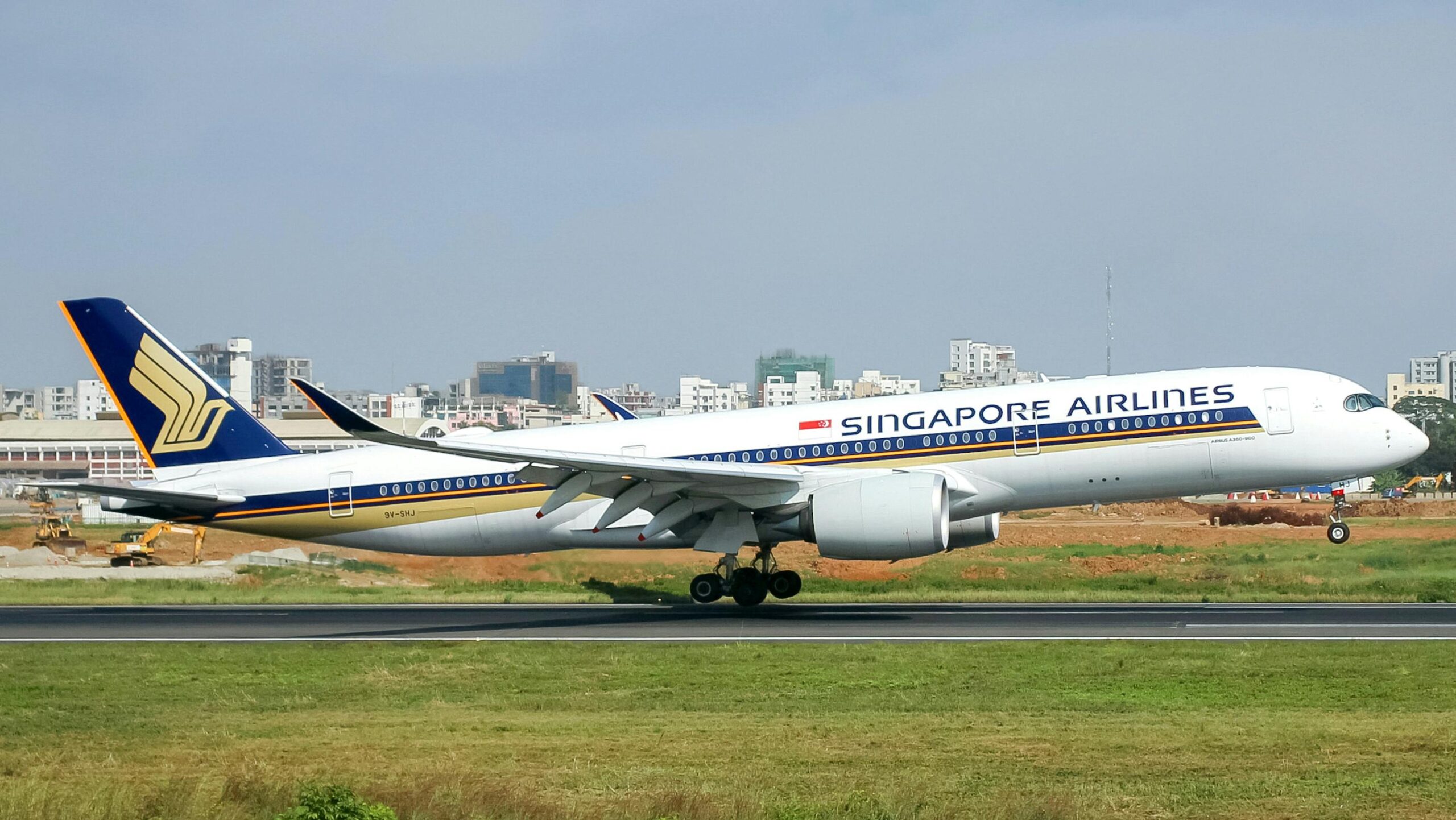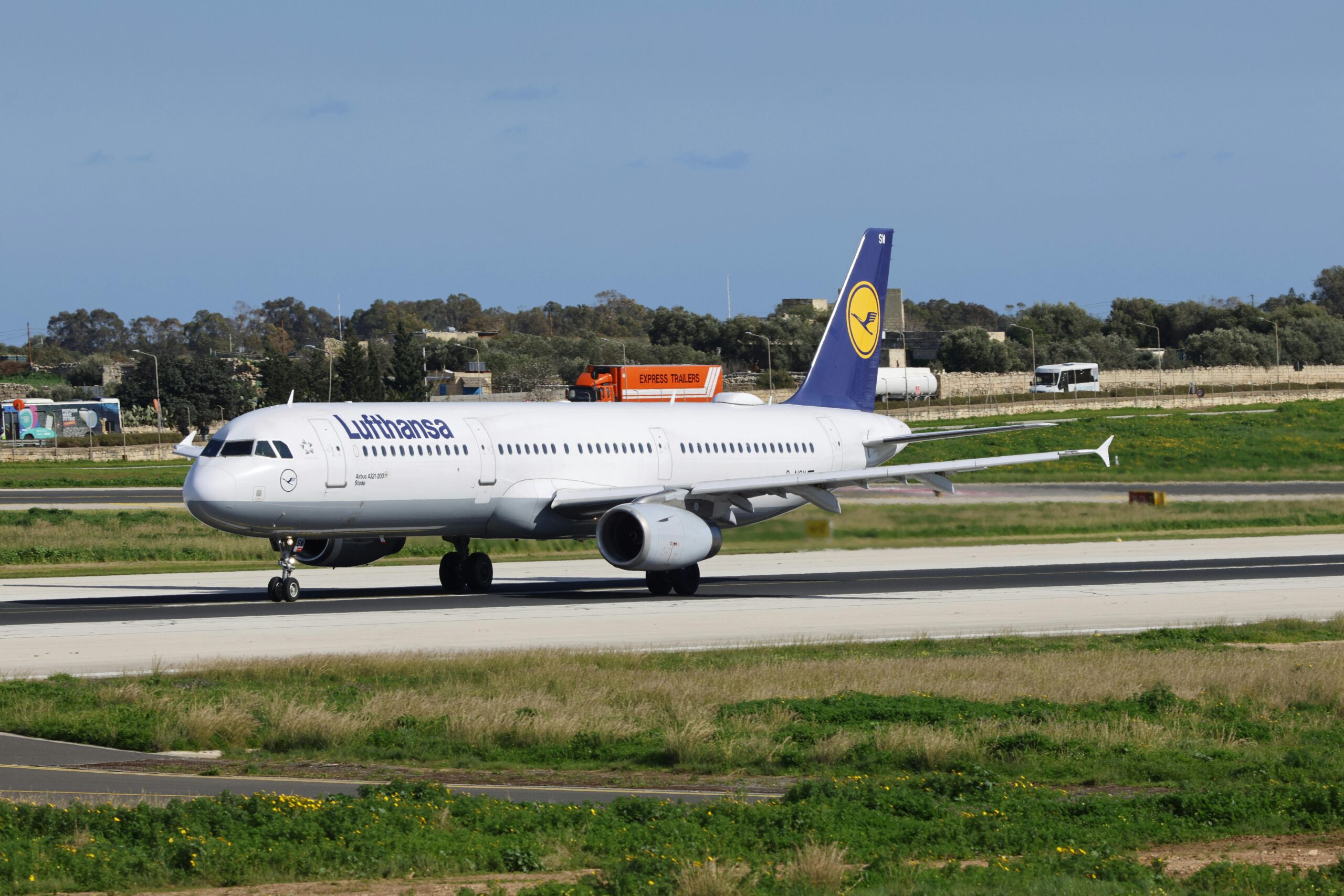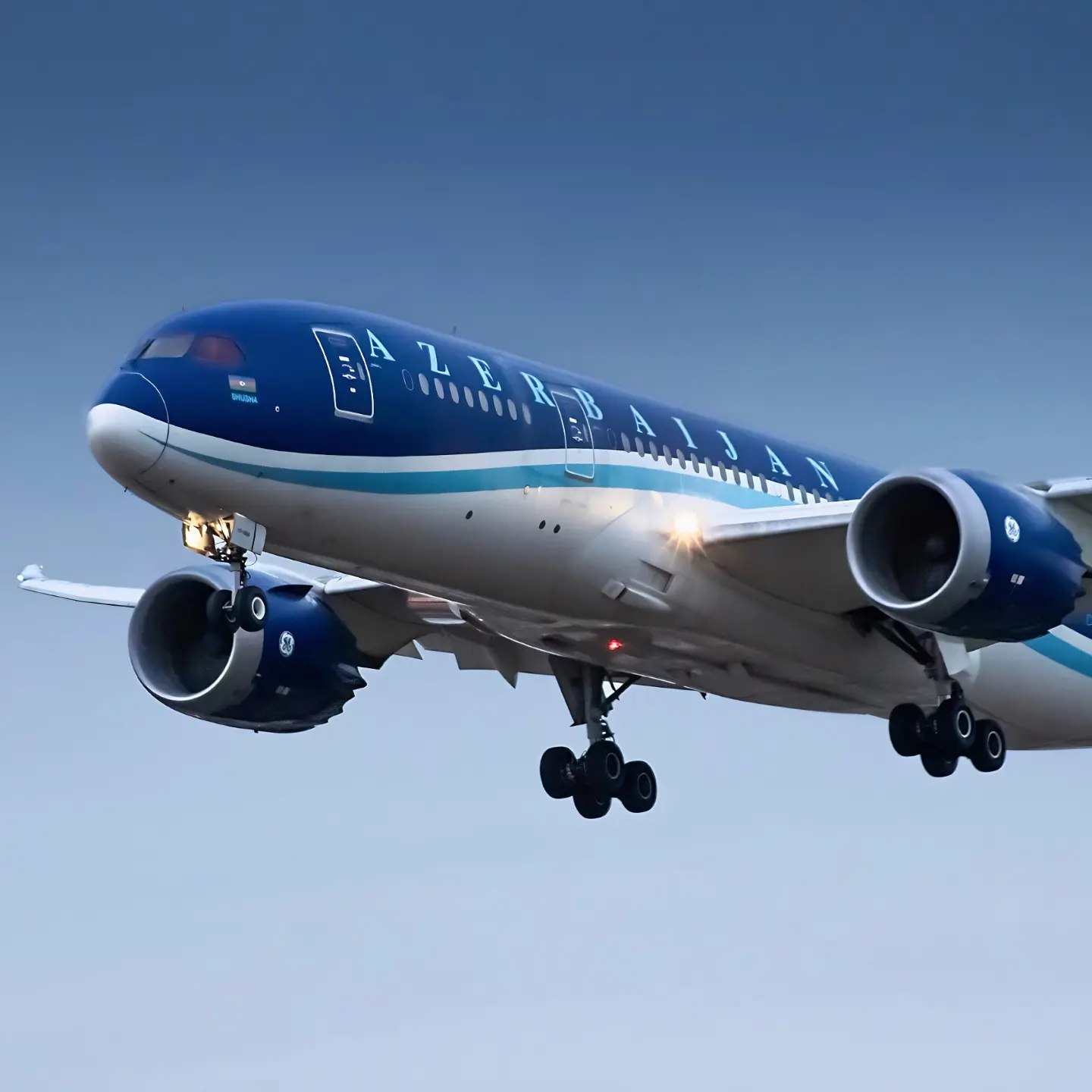Imagine stepping off a long-haul flight, the excitement of arriving in a new destination battling with the overwhelming wave of fatigue washing over you. Jet lag, the dreaded consequence of rapidly crossing time zones, can quickly dampen your travel enthusiasm.
But what if you could learn from the experts who navigate time zone changes regularly?
Have you ever wondered how flight attendants, those masters of traversing continents, manage to stay energized and combat jet lag? They’ve developed a wealth of tried and tested strategies to minimize the effects of time zone fatigue and ensure they’re ready for their next adventure.
The Flight Attendant’s Guide to Conquering Jet Lag
Flight attendants have shared their insider tips and tricks for overcoming jet lag, providing valuable insights for travelers looking to minimize its impact on their journeys. Here’s a glimpse into their secrets:
1. Pre-Flight Preparation: Setting the Stage for Success
- Hydrate, Hydrate, Hydrate: Dehydration exacerbates jet lag symptoms. Start increasing your water intake several days before your flight to ensure you’re well-hydrated. Carry a reusable water bottle and continue drinking plenty of fluids throughout your journey.
- Adjust Your Sleep Schedule Gradually: If possible, start shifting your sleep schedule a few days before your trip by gradually adjusting your bedtime and wake-up time closer to your destination’s time zone. Even small adjustments can make a difference.
- Pack Smart for Sleep: Bring essentials like an eye mask, earplugs, a travel pillow, and comfortable sleepwear to create a conducive sleep environment, even on the plane or in unfamiliar accommodations.
2. In-Flight Strategies: Making the Most of Your Journey
- Embrace the Destination’s Time Zone: As soon as you board the plane, set your watch to your destination’s time zone and try to align your eating and sleeping patterns accordingly.
- Hydration and Healthy Choices: Continue drinking plenty of water throughout the flight and opt for healthy meals and snacks to support your body’s natural rhythms. Avoid excessive caffeine and alcohol, as they can disrupt sleep and worsen jet lag.
- Move Your Body: Take advantage of opportunities to move around the cabin during the flight. Gentle stretching, walking up and down the aisle, or even simple seated exercises can improve circulation and reduce stiffness.
- Prioritize Rest: If possible, try to sleep during nighttime hours in your destination’s time zone. Use your eye mask, earplugs, and travel pillow to create a restful environment and maximize your chances of getting some shut-eye.

3. Post-Flight Recovery: Resetting Your Body Clock
- Embrace Natural Light: Upon arrival, expose yourself to natural sunlight as soon as possible. Sunlight helps regulate your circadian rhythm and reset your body clock to the new time zone. Spend time outdoors, take walks, and avoid staying in dark rooms for extended periods.
- Resist the Urge to Nap: Avoid long naps, especially during the day, as they can disrupt your nighttime sleep and prolong jet lag. If you need a nap, limit it to 20-30 minutes and try to take it earlier in the day.
- Stay Active: Engage in light to moderate exercise, such as walking, swimming, or yoga, to boost your energy levels and promote sleep. However, avoid strenuous workouts close to bedtime.
- Maintain a Consistent Sleep Schedule: Stick to a regular sleep schedule, even on weekends, to help regulate your body’s natural sleep-wake cycle.
- Consider Melatonin Supplements: Melatonin is a hormone that regulates sleep. Consult your doctor about using melatonin supplements to help you adjust to the new time zone and improve sleep quality.
Flight Attendant’s Favorite Jet Lag Remedies
- Hydration is Key: Flight attendants emphasize the importance of staying hydrated throughout the entire travel process, from pre-flight to post-flight. They often carry electrolyte drinks or tablets to replenish lost fluids and minerals.
- Strategic Caffeine Intake: Some flight attendants strategically use caffeine to combat fatigue, but they avoid consuming it close to bedtime. A cup of coffee or tea in the morning can help boost alertness, but it’s best to avoid caffeine in the afternoon and evening.
- Light Therapy: Some flight attendants use portable light therapy devices to simulate natural sunlight and regulate their circadian rhythm. These devices can be especially helpful for travelers crossing multiple time zones or those who experience severe jet lag.
- Compression Socks: Wearing compression socks during long flights can improve circulation and reduce leg swelling, which can contribute to fatigue.
- Mindfulness and Relaxation Techniques: Many flight attendants practice mindfulness techniques, such as meditation or deep breathing exercises, to reduce stress and promote relaxation, both during flights and upon arrival.

Beyond the Remedies: The Importance of Mindset
Flight attendants emphasize that a positive mindset and a willingness to adapt to the new time zone are crucial for overcoming jet lag. Embrace the opportunity to explore your destination, even if you’re feeling tired, and focus on the excitement of your travel experiences.
We’d love to hear from you!
Do you have any tried and tested remedies for combating jet lag? Have you ever tried any of the flight attendant’s tips? Share your experiences and insights in the comments below!
Also, don’t forget to follow us on our social media platforms for more travel tips and wellness advice.
Catch up on the top stories and travel deals by subscribing to our newsletter!












Leave a Reply